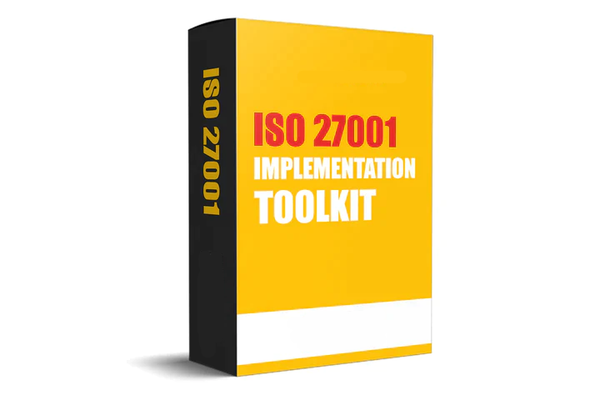How to get ISO 27001 Certification?
Obtaining ISO 27001 certification is a critical step for organizations looking to bolster their information security management systems. ISO 27001 is an internationally recognized standard that provides a framework for safeguarding sensitive information and ensuring the confidentiality, integrity, and availability of data.This certification is essential in today's digital age, as it demonstrates a commitment to robust data protection practices, compliance with relevant regulations, and a proactive approach to risk management. Achieving ISO 27001 certification involves a structured process of risk assessment,

Key Components of ISO 27001 Certification
- Risk Treatment Plan:Develop a risk treatment plan that outlines how you intend to mitigate or accept identified risks. This plan should include the selection and implementation of security controls to address the identified vulnerabilities.
- ISMS Documentation:Establish and document the necessary policies, procedures, and guidelines to support your ISMS. This includes an information security policy, risk assessment documentation, and procedures for incident response, access control, and other security aspects.
- Implementation of Controls:Implement the security controls defined in your risk treatment plan. These controls encompass technical, physical, and administrative measures aimed at securing your information assets.
- Monitoring and Review:Continuously monitor and review the effectiveness of your ISMS. Regularly assess the performance of security controls, conduct internal audits, and review security policies and procedures to ensure they remain up to date.
- Management Review:Hold regular management reviews to ensure the ISMS aligns with the organization's strategic objectives and remains effective. Management commitment is vital for the success of ISO 27001 certification.
- Certification Audit:Engage with a certified third-party auditor to conduct a certification audit. The auditor will evaluate your ISMS against ISO 27001 standards, assessing whether it complies with the specified requirements.
- Corrective Actions:Address any non-conformities identified during the certification audit. Ensure that all corrective actions are taken to meet ISO 27001 standards.
- Certification:Once the certification auditor is satisfied that your ISMS complies with ISO 27001, you will receive your ISO 27001 certification. This certificate is a testament to your organization's commitment to information security.
- Continuous Improvement:ISO 27001 is not a one-time achievement; it requires ongoing commitment to information security. Continuously improve your ISMS by learning from audits and incidents, and adapting to new threats and technologies.
Conclusion
In conclusion, achieving ISO 27001 certification is a comprehensive and iterative process that demands a dedicated focus on information security. This standard not only safeguards your organization's data but also enhances your credibility and trustworthiness in an increasingly digital world. By defining the scope, conducting a thorough risk assessment, implementing security controls, and engaging in ongoing monitoring and improvement, you establish a robust information security management system.The certification audit is the final validation of your efforts, confirming your alignment with ISO 27001 standards. However, it's important to recognize that ISO 27001 certification is not a one-time achievement.





